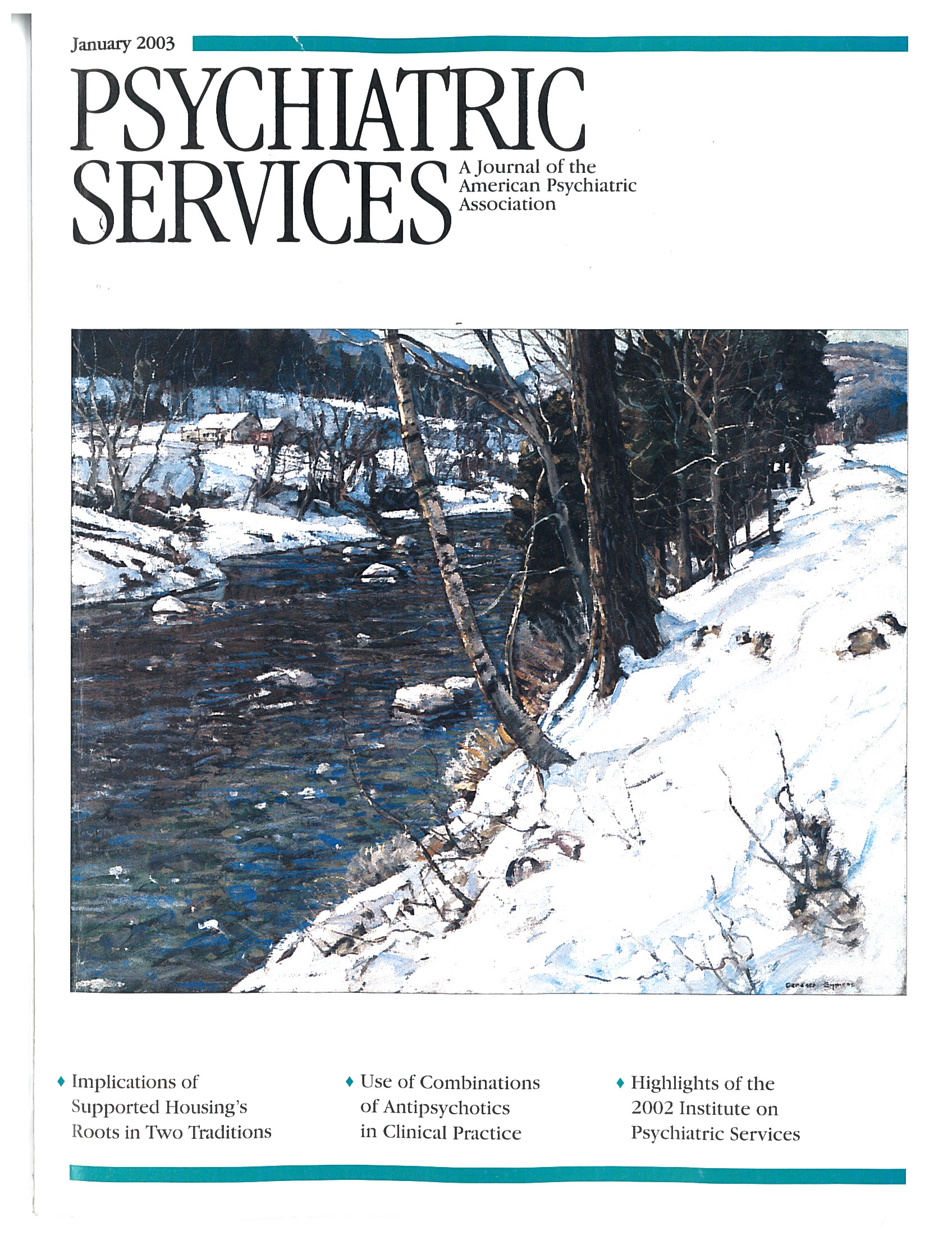Ethics in Community Mental Health Care: Commonplace Concerns
Do not be fooled by the title or the brown unassuming cover of Ethics In Community Mental Health Care: Commonplace Concerns. This book is not just another ordinary textbook on ethics. Those looking for a stimulating read and a wonderful resource on tricky situations commonly faced by mental health professionals in our era will be well served by Ethics in Community Mental Health Care; those who are interested in a traditional text that presents formal ethics and theoretical foundations will not.
At one level this book is an interesting and easy summer read, a perfect poolside book for a busy working parent who has an interest in enriching or even revitalizing interest in the intellectually stimulating aspects of a career as a mental health professional. Although the styles vary from chapter to chapter, many chapters contain clinical vignettes that bring life to the issue at hand. A particularly good example can be found in the chapter called "Responding to Boundary Conflicts in Community Settings." Many psychiatrists equate the term "boundary conflicts" with that slippery slope that leads office-based therapists into sexual indiscretion. As noted in this chapter, boundary conflicts can occur within a broad context for the community psychiatrist who is often confronted with dual-role conflicts, such as the patient who becomes a staff member at your clinic, the well-intended case worker who projects her own New Age beliefs onto unstable clients, or the parent who becomes a member of the board of directors of your agency.
This book has quite a bit of horsepower under the hood. There are many contributions by and references to contemporary public and community mental health heavyweights. Each chapter is exceptionally well referenced. One area in which this horsepower is integrated is in part 3, which is devoted to violence and mental disorders and contains two chapters: "At Home With Threats and Violence," by Patricia Backlar, and "At Work With Threats and Violence" by Carl Bell and colleagues. Although differing opinions regarding public concern about violence and the mentally ill are conveyed, both chapters present a review of contemporary literature in the context of common clinical situations. This is reliable information that could be readily adapted for policy development and staff training within an agency.
The book is organized into seven parts. Each part contains one or two chapters that present different aspects of the subject. The treatment of serious mental illness in culturally diverse settings, involuntary interventions and coercion, and research ethics are all addressed. Very contemporary issues that are covered include psychiatric advanced directives as well as pharmaceutical industry influences on mental health practice.
Ethics in Community Mental Health Care would be excellent for a seminar for residents interested in community psychiatry. It has great potential for stimulating intellectual interest in current issues in community psychiatry that exceed traditional didactics on diagnosis and medication management of serious mental illness. Similarly, it would be useful for orientation or inservices for mental health or health professionals currently employed by or making the transition into organized systems of care designed to treat persons with serious mental illness.
Dr. Everett is inspector general to the Virginia Department of Mental Health, Mental Retardation, and Substance Abuse Services and clinical assistant professor of psychiatry at the University of Virginia in Charlottesville.



